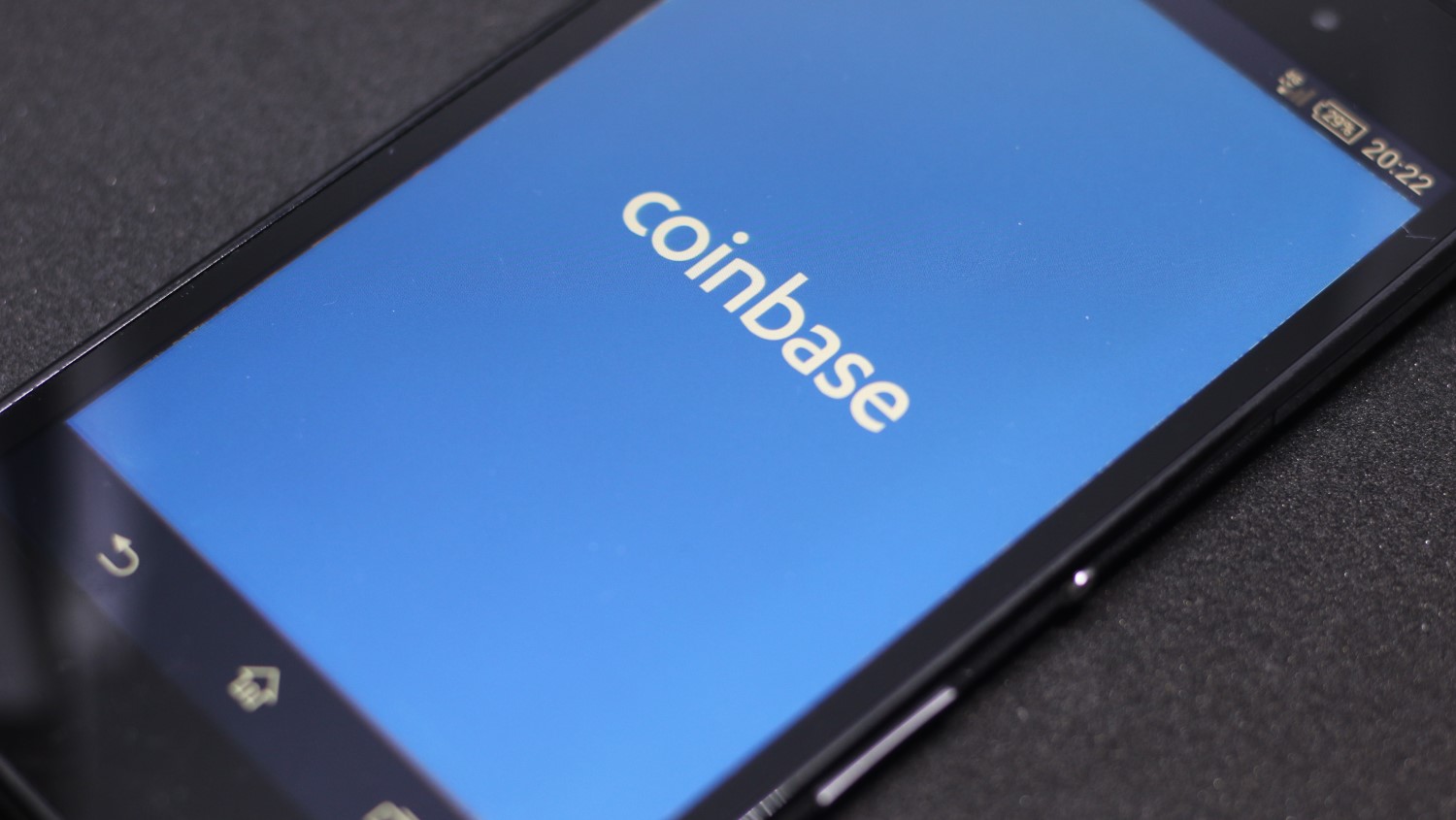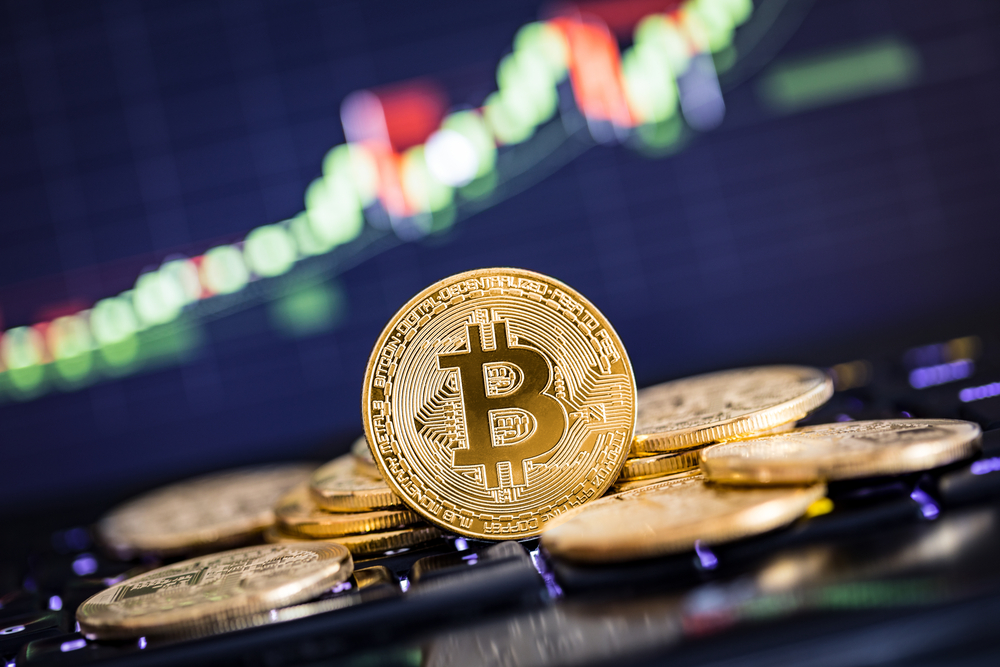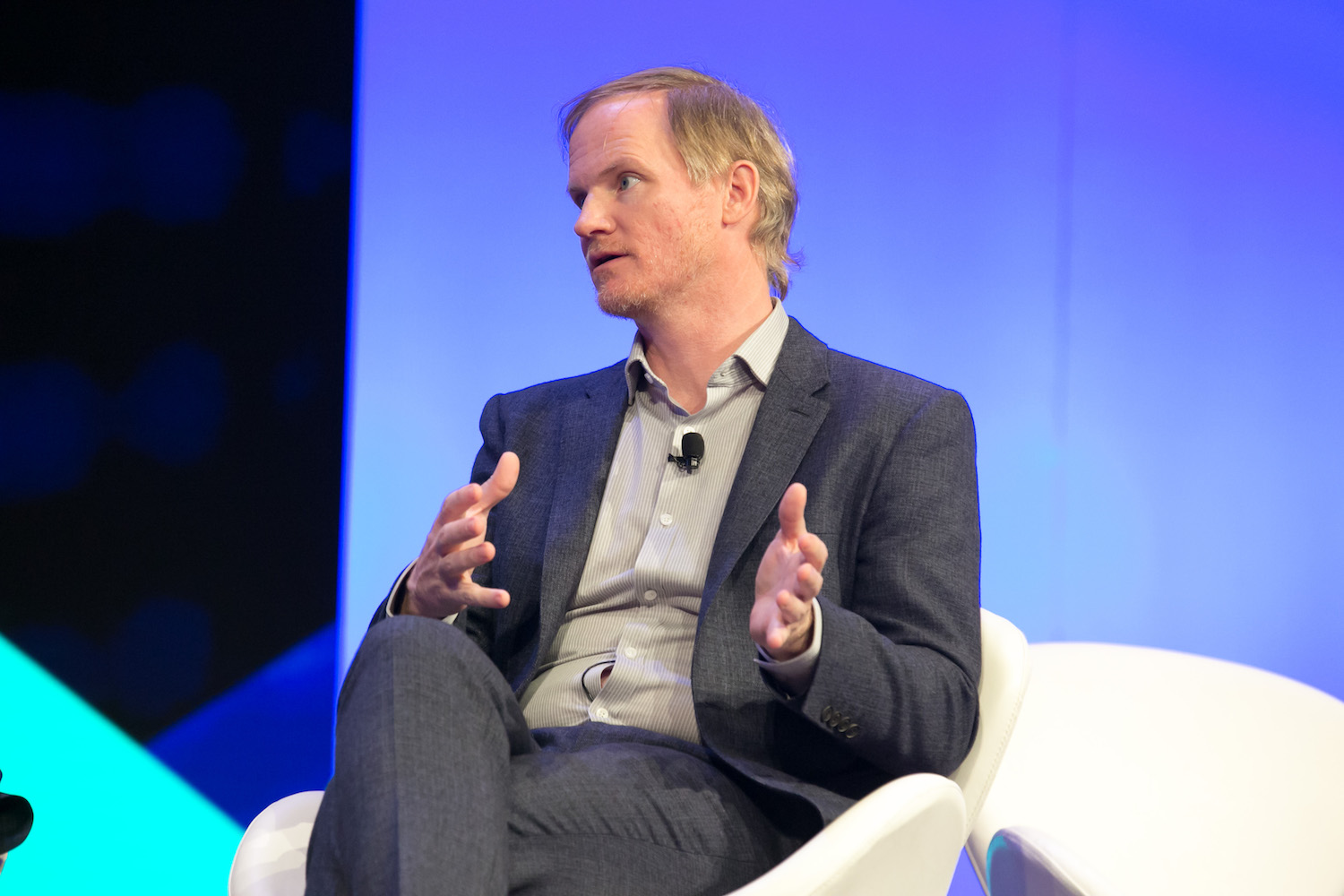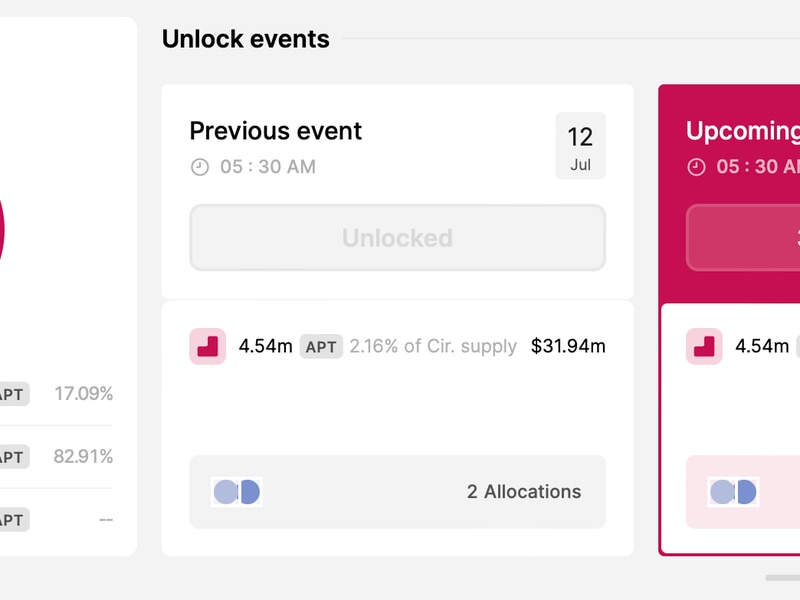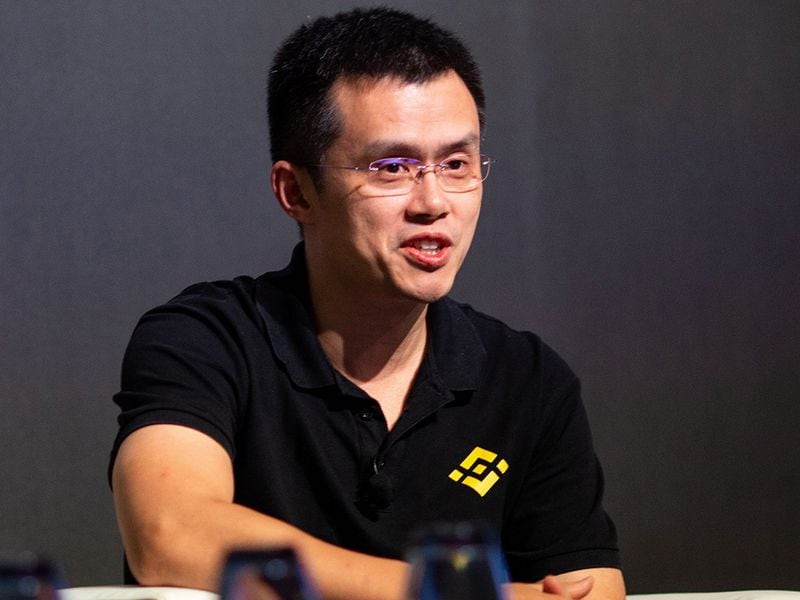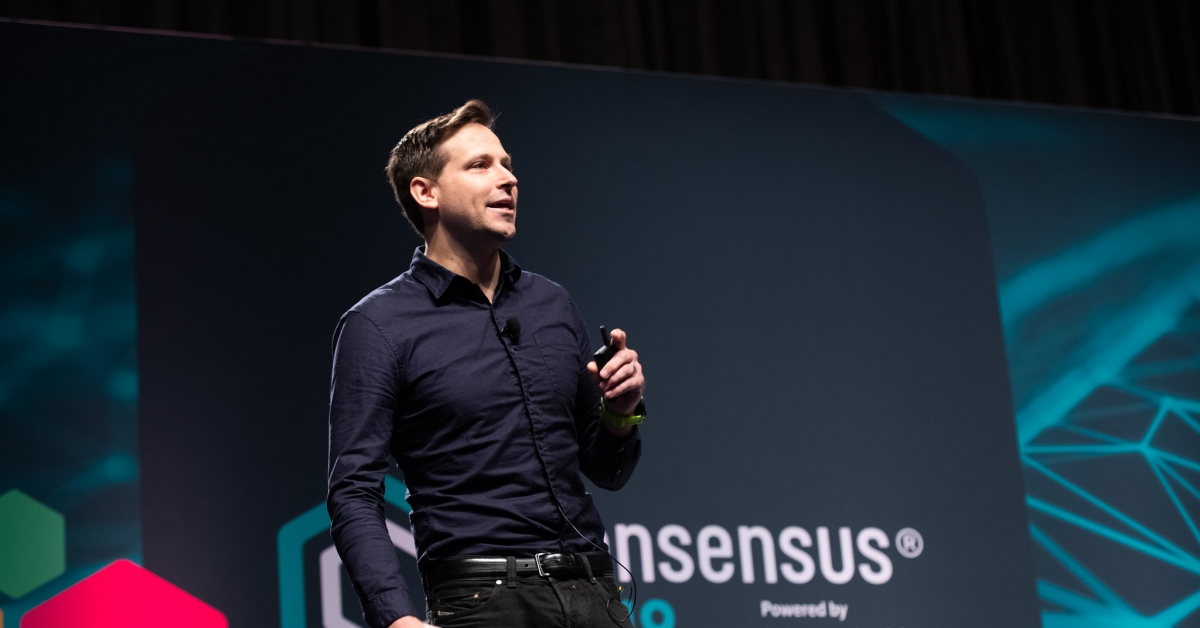Vodafone Enlists Blockchain Nonprofit for Tracking Renewable Energy Use in Europe
Legacy utilities companies probably didn’t expect their customers would start supplying the power. Credit: Alex Snyder/United States Forest Service
With solar panels flooding power grids with more electricity than some utilities companies may know how to handle, telecom giant Vodafone and blockchain nonprofit Energy Web have devised a communications solution.
The pair announced on May 26 that they will use Vodafone SIM technology and Energy Web’s blockchain-based Decentralized Operating System as a communications backbone for the so-called edge devices that crowd power grids in the hundreds of millions.
This SIM-based identity system could turn grids’ increasingly distributed capacity into an information and control boon for the utility, said Walter Kok, CEO of the Zug, Switzerland-based Energy Web Foundation.
Grids now feature solar panels and electric cars and wind turbines and heat pumps that could all carry SIM cards, said Kok, who used to work at Vodafone. If they did, then they could also carry proof of identity to the grid operators via public private keys.
“If I say I’m a battery, [the grid operator] can be sure I actually am a battery and that I behave in this way. And then once I know that, I can actually start using this asset in how I manage my grid,” Kok said. “So that is what we’re building, and of course what we’ve done through the partnership with Vodafone.”
Vodafone Blockchain lead David Palmer said that the SIM’s private key infrastructure allows devices to sign transactions on the Energy Web blockchain, all while remaining secure. In the long run, this could lead to the creation of “a new digital energy marketplace” powered by blockchain, he said.
“The beauty is that all these devices need is to have this connectivity” for the marketplace to emerge, Palmer said.
Many devices already do. Kok said that during his tenure at Vodafone in 2010, he saw manufacturers install SIM cards in everything from electric cars to washing machines. That trend has only accelerated in the decade since, making retrofitting rather straightforward
“We can hook up through [the SIM], we don’t have to do anything, just download the software from Voda and it’s connected to the chain and has its own identity, because that’s the beauty of it,” Kok said.
Disclosure
The leader in blockchain news, CoinDesk is a media outlet that strives for the highest journalistic standards and abides by a strict set of editorial policies. CoinDesk is an independent operating subsidiary of Digital Currency Group, which invests in cryptocurrencies and blockchain startups.

